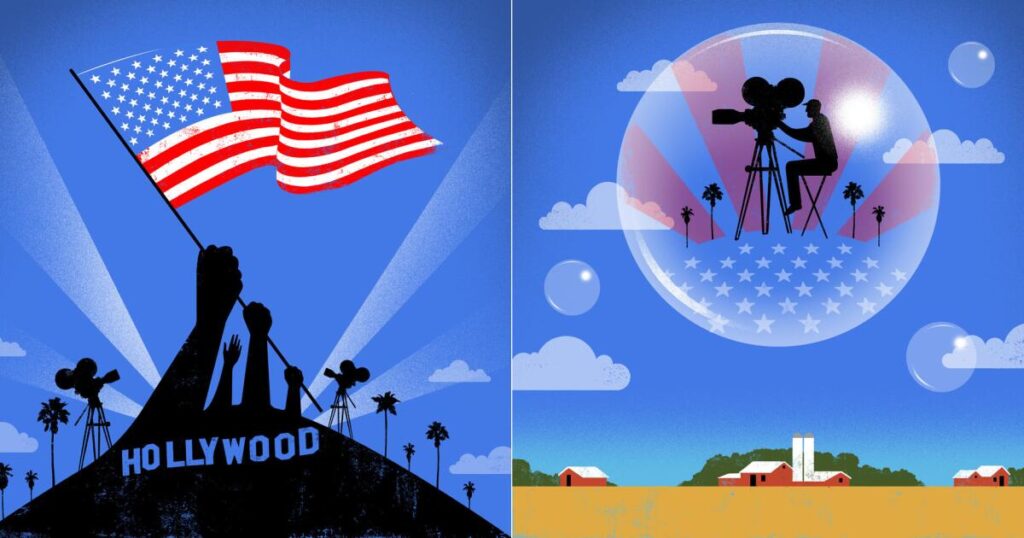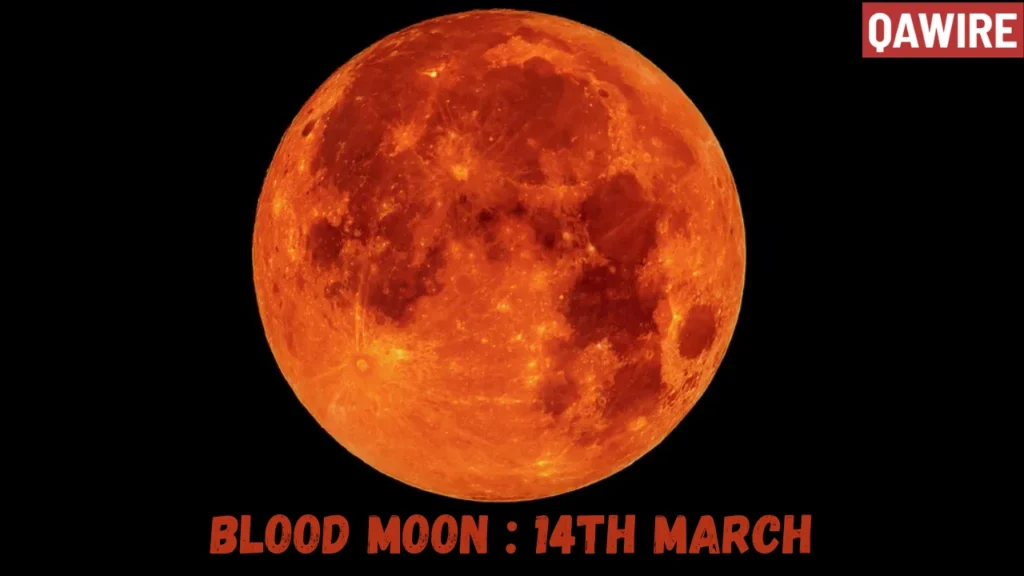Lights, camera, action! Hollywood has long been a platform where gripping political narratives have unfolded on the silver screen. From stirring speeches to behind-the-scenes power struggles, political movies have not only entertained audiences but also sparked important conversations about society and governance. However, in recent years, a shift seems to be taking place in Tinseltown. Is Hollywood shying away from tackling political themes head-on? Let’s delve into the past, present, and future of political movies in the entertainment capital of the world.
History of Political Movies in Hollywood
From the early days of Hollywood, political movies have been a prominent genre that has captivated audiences worldwide. Films like “Mr. Smith Goes to Washington” and “All the President’s Men” provided powerful commentary on societal issues and government corruption.
During times of social unrest and political turmoil, Hollywood often used film as a medium to shed light on important issues facing society. Directors and writers were not afraid to tackle controversial topics head-on, sparking discussions and debates among viewers.
In the 1960s and 70s, films like “The Manchurian Candidate” and “All the President’s Men” delved into conspiracy theories and governmental cover-ups, resonating with audiences grappling with distrust in authority figures.
As technology advanced in the 21st century, political movies evolved to mirror current events more closely. Films like “The Ides of March” and “Vice” explored contemporary political landscapes with a critical lens,…
…shedding light on power struggles within governments. Despite their impact on society, the frequency of political movies being produced in Hollywood has seen a decline in recent years due to various factors shifting audience preferences towards other genres.
Reasons for the Decline of Political Movies
As we navigate the ever-changing landscape of Hollywood, one cannot help but notice a shift in the prominence of political movies. There are various factors contributing to this decline that are worth exploring.
One reason could be the fear of backlash from audiences and critics. In today’s hyper-sensitive climate, filmmakers might shy away from producing politically charged content to avoid controversy.
Moreover, the rise of streaming platforms has diversified entertainment options for viewers. This increased competition may have led studios to focus on more mainstream, crowd-pleasing genres rather than riskier political narratives.
Additionally, with society becoming increasingly polarized, filmmakers might feel pressured to create content that appeals to a wider audience and avoids alienating any specific group.
These reasons combined could explain why Hollywood seems to be stepping back from producing as many politically themed movies as it once did.
Impact on Society and Entertainment Industry
The impact of political movies on society and the entertainment industry cannot be underestimated. These films have the power to spark conversations, raise awareness, and even influence public opinion on important issues. By shining a spotlight on real-world events or fictionalized scenarios, political movies have the ability to engage audiences in a way that traditional news media often cannot.
In today’s fast-paced digital age, where information is constantly being shared and consumed, political movies offer a unique platform for storytelling that can reach a wide audience. They provide an opportunity for filmmakers to explore complex themes and challenge viewers to think critically about the world around them.
Moreover, these movies can serve as a form of escapism for audiences looking to immerse themselves in thought-provoking narratives that mirror current societal tensions. As such, they play an essential role in shaping cultural discourse and pushing boundaries within the entertainment industry.
It is clear that political movies continue to hold significant relevance in both society and the entertainment landscape. Their potential to educate, inspire, and entertain makes them a valuable asset in our ever-evolving world.
The Blurring of Reality and Fiction
In today’s fast-paced world, the line between reality and fiction seems to be increasingly blurred. With the rise of social media and fake news, it’s becoming harder for people to distinguish fact from fantasy.
Hollywood has played a significant role in shaping our perceptions of politics through movies that often toe the line between reality and fiction. These films have the power to influence public opinion and spark discussions on important issues.
However, with society becoming more polarized and sensitive towards political topics, filmmakers may fear backlash or controversy by delving into such content. This fear could be limiting the production of political movies in Hollywood.
As audiences crave authenticity and relevance in entertainment, there is a growing need for thought-provoking political films that can navigate this blurred line effectively. Balancing entertainment value with social commentary is key in creating impactful movies that resonate with viewers on a deeper level.
Possible Revival of Political Movies in the Future
With the current state of affairs in the world, there seems to be a growing appetite for authenticity and raw storytelling. People are craving narratives that reflect the complexities of our modern political landscape.
In an era where truth is often stranger than fiction, there is immense potential for Hollywood to once again embrace political movies with courage and creativity. These films have the power to provoke thought, spark important conversations, and inspire change.
As society grapples with pressing issues such as social justice, climate change, and global conflicts, political movies can serve as a mirror reflecting our shared struggles and triumphs. By blending entertainment with meaningful messages, these films have the ability to captivate audiences while challenging their perspectives.
While some may argue that Hollywood has shied away from politically charged content out of fear or uncertainty, others see this as an opportunity for bold filmmakers to step up and fill the void. The future holds endless possibilities for storytellers willing to tackle tough topics head-on.
Conclusion
As Hollywood continues to navigate the ever-changing landscape of societal norms and audience preferences, the future of political movies remains uncertain. While there has been a noticeable decline in recent years, driven primarily by fear and hesitation surrounding controversial topics, there is still hope for a revival.
By acknowledging the impact that political movies can have on society and the entertainment industry, filmmakers may find new ways to approach these challenging subjects. Whether through nuanced storytelling or innovative narratives that blur the lines between reality and fiction, there is potential for a resurgence in politically charged films.
As audiences become more open to diverse perspectives and thought-provoking content, Hollywood may once again embrace the power of political movies to inspire change, provoke discussions, and challenge conventional wisdom. The intersection of art and politics is a rich territory waiting to be explored – perhaps it’s time for Tinseltown to rediscover its voice in shaping public discourse through cinema.
To know more, go to www.qawire.com



